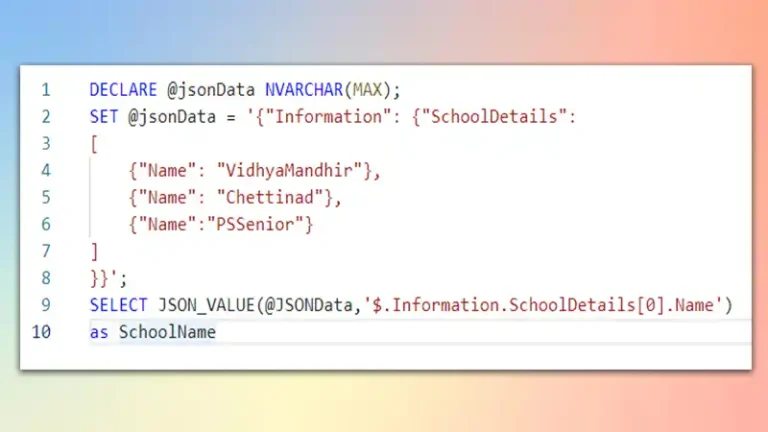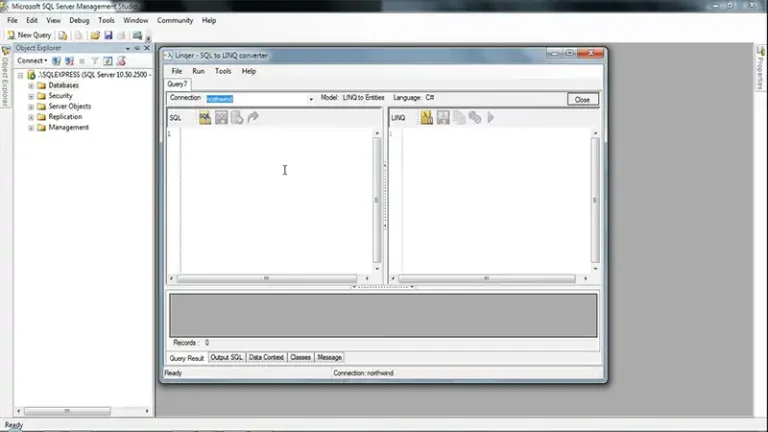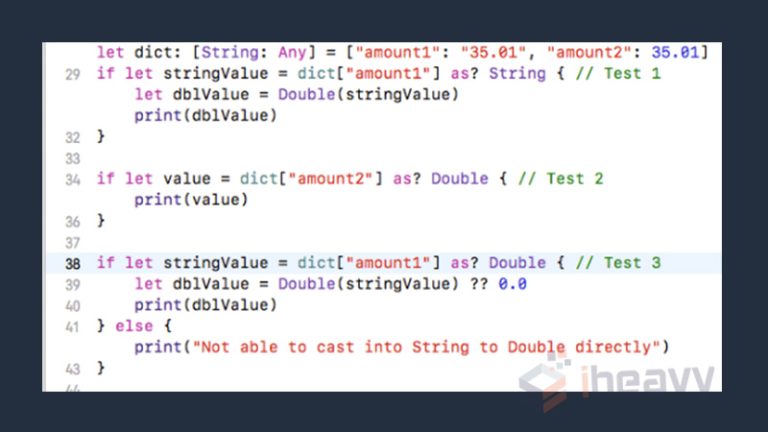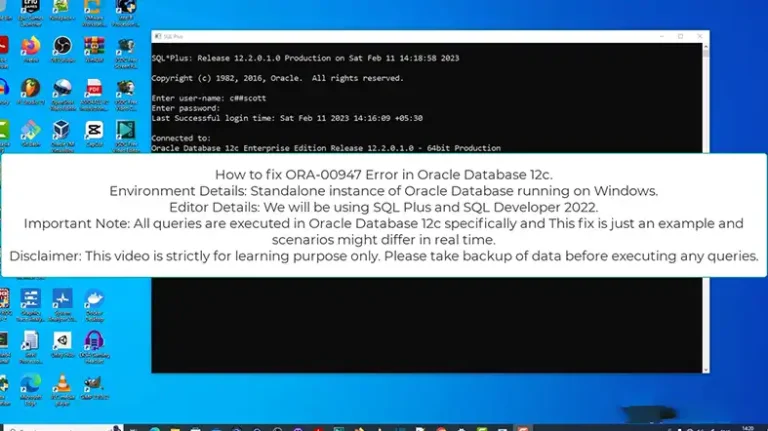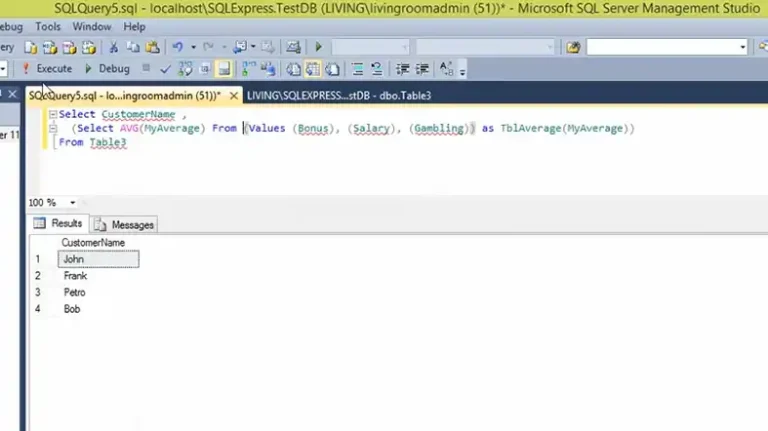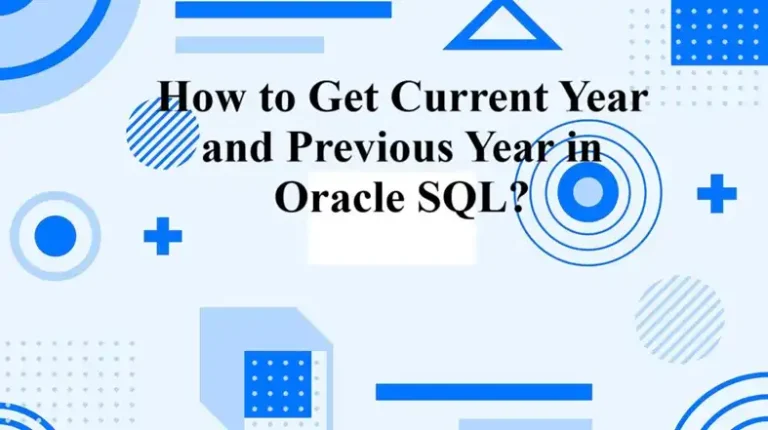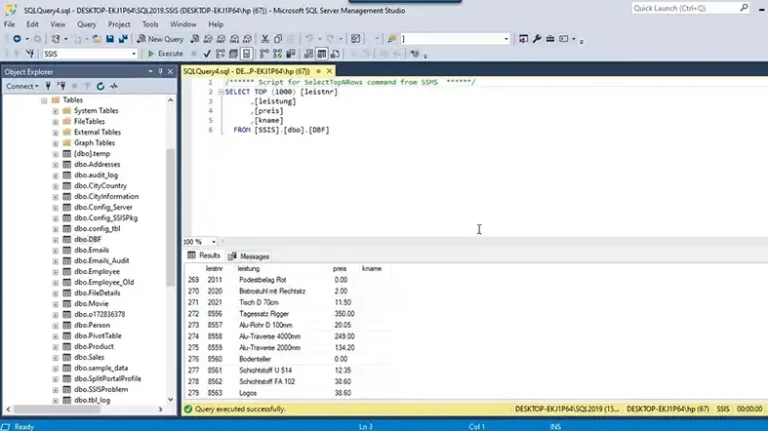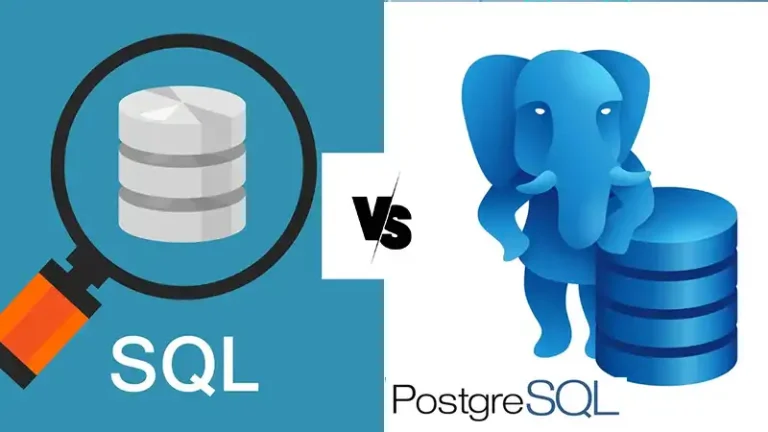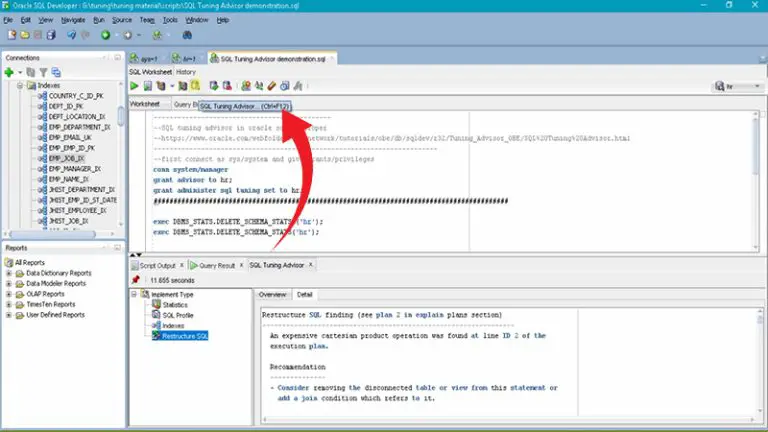Convert JSON To Table In SQL Server Without OPENJSON | A Comprehensive Guide
If you want to convert JSON data to a table in SQL Server without using the OPENJSON function, you can use the JSON_VALUE and JSON_QUERY functions to extract specific values and arrays from JSON, respectively. However, keep in mind that this method is not as versatile as OPENJSON and is more suitable for simple JSON…

